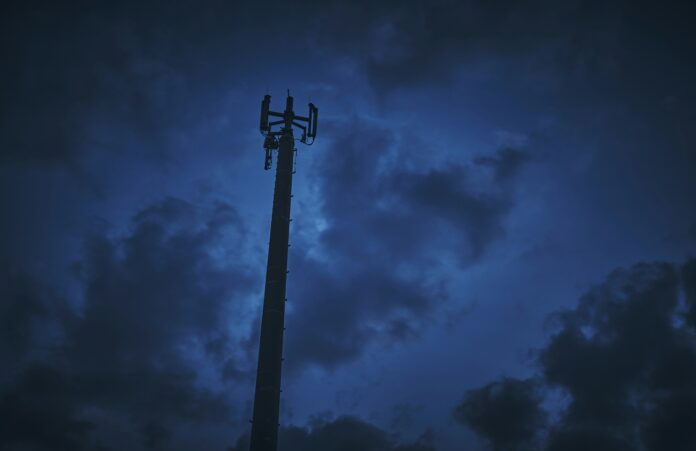Last year, we reported on Vodafone’s claims that they could bring 5G to three times as many people in Wales if they were allowed to merge with Three. As of May 2024, the UK government has assented to the merger. In response, Vodafone has reaffirmed its commitment to bring its 5G SA services to even rural parts of the UK.
Why a 5G Rollout is Needed
Put simply, 5G will enable mobile connectivity speeds that are ten to a hundred times faster than 4G. However, the 5G platform is built with a lot of other functionalities that make it incredibly forward-facing. It’s made to support smart homes and the Internet of Things, so those without 5G might miss out on fast internet today, but it could mean missing out on even more sophisticated services tomorrow.
Having a speedy internet connection is also important, as it provides rural areas with better services they might not have nearby. This is best exemplified by popular entertainment services like streaming or iGaming. Through these, people in rural areas can watch movies or take part in Paddy Power online casino gambling no matter where they are in Wales. In the context of 5G, it also means those with mobiles and tablets can access online services while on the go. Naturally, those in rural areas can find themselves travelling more often and may need to rely on these services more.
Vodafone’s Welsh Commitment
Much like Scotland, Wales is well-known in the UK for its rugged and picturesque rural landscapes. This comes with a downside because, also like Scotland, there are large blackout zones in our rural areas where 5G is lacking. You can see a handy Vodafone coverage map here. Unsurprisingly, it shows that 5G clusters are centralised around the UK’s urban areas, so the southern coast of Wales already has 5G infrastructure in place. Note that Vodafone’s Three merger will fill out more of this map, but the gap persists, nonetheless.
That’s why Vodafone has reaffirmed its commitment to deliver 5G to even the most rural Welsh communities. In a new press release, Vodafone cites research that says 50% of rural premises in Wales miss out on 5G. They also cite more critical use cases for 5G than the typical consumer demands, such as the use of rescue drones and special sensors to make agricultural efforts more efficient. These small devices all depend on 5G.

Speaking on their plans, Vodafone UK CEO Andrea Dona said: “Through our proposed merger with Three UK, we would be able to help the rural digital divide in Wales, helping these communities to take advantage of 5G and enjoy the same benefits it brings to their urban neighbours.”
5G’s Urban-Rural Divide
This isn’t a classic example of an urban-rural divide, however. There are a lot of reasons why rural areas don’t see as much development as urban ones, but 5G itself makes rural rollouts more difficult. Unlike 4G, 5G uses mid-band spectrum waves. This is why it can support a lot of devices at once – perfect for smart homes, drones, and all sorts of small devices. However, it doesn’t travel as far as its predecessors. You can find a more comprehensive explanation from Verizon.
This difference in waveform means that pre-existing 4G infrastructure can’t be repurposed to host 5G signals, without introducing gaps in rural areas. Those waves are also more susceptible to barriers like thick forestry, mountains, and other things you’d typically find in the countryside instead of the city. Another key difference is that 4G towers broadcast in 360 degrees while 5G towers use dishes to broadcast in certain directions. As a result, the 5G rollout demands more 5G base stations than 4G ever did.
Fortunately, both Vodafone and Three already know about the challenges ahead. Now that the government has given its blessing for the upcoming merger, rural Welsh communities can look forward to 5G coverage sooner rather than later.

| [donate]
| Help keep news FREE for our readersSupporting your local community newspaper/online news outlet is crucial now more than ever. If you believe in independent journalism,then consider making a valuable contribution by making a one-time or monthly donation. We operate in rural areas where providing unbiased news can be challenging. |

















